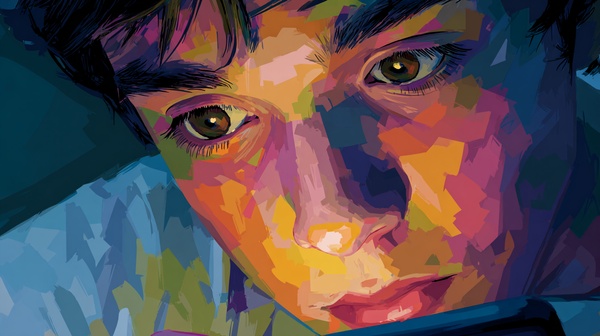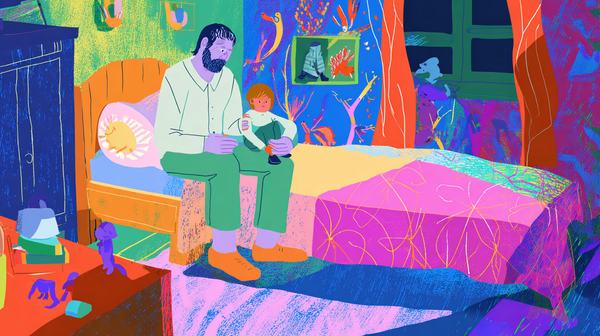The Billionaire's Blind Spot: Why Power Turns Cold
When billionaires make choices, millions suffer. Behind the boardroom doors lies a dark psychology-low empathy, narcissistic entitlement, and rationalizations that turn human lives into numbers on a spreadsheet.

A single decision at the top of a skyscraper can ripple down and fracture millions of lives. One email shutters factories. One policy shift wipes out pensions. One rebrand sends shockwaves through entire industries.
For the billionaire, it's strategy. For everyone else, it's survival.
We like to imagine these choices are guided by wisdom-or at least by conscience. But time and again, we see the opposite: decisions made with astonishing coldness, defended with glossy words like "efficiency," "innovation," and "progress."

Why does extreme wealth so often come paired with indifference? Why do those who hold the most power make choices that wound the most people-while believing themselves saviours, not destroyers?
The answer lies in dark psychology: the blend of distance, entitlement, and distorted morality that lets one person's ambition outweigh the suffering of millions.
The Distance That Numbs the Soul

A billionaire doesn't read eviction letters. He doesn't hear the hollowing of a fridge in a silent home. He sees only numbers-efficiencies, boosted profits, red lines turned green.
Psychologists call it compassion fade: empathy evaporates when suffering isn't visible or personal. One life moves us; a mass becomes a statistic.
Money shouldn't numb the soul. Yet research shows that higher socioeconomic status erodes compassion and increases self-interest. Wealth brings insulation-life in private jets, fortified compounds, algorithmic dashboards-removing the rich from consequence.

We've seen this pattern before. In Stanley Milgram's infamous obedience experiments, ordinary people delivered "lethal" shocks when they were distanced from the victim's cries. Distance doesn't just obscure reality - it sanitises it.
This is the first mechanism of dark psychology in extreme wealth: harm without heat. Not cruelty in its raw form, but the colder violence of indifference.
The Dark Triad in Designer Suits

We imagine the Dark Triad" psychopathy, narcissism, Machiavellianism lurking in prison yards and true-crime documentaries. But research shows these traits thrive just as easily in boardrooms. The difference? In business, we call them leadership qualities.
Psychopathy dulls empathy and heightens thrill-seeking. In the C-suite, that can look like "fearless decision-making" or "bold risk appetite. Narcissism fuels grandiosity and entitlement. Billionaires cloak it in the language of "vision" and "genius." Machiavellianism bends truth to control narratives. When an industry collapses under their choices, it's not failure-it's "creative destruction."
Studies show corporate leaders score higher on psychopathy scales than the general population, with some estimates suggesting prevalence rates close to those found in prisons. Yet instead of handcuffs, they get golden parachutes.

From Steve Jobs' legendary "reality distortion field," to Elon Musk's cavalier policy shifts that ripple across global markets, the pattern holds: the traits we fear in killers can look glamorous-until their costs land on everyone else.
This is the paradox of power under dark psychology: the very qualities that elevate individuals to extreme wealth can be the same ones that normalise harm.
The Stories They Tell to Sleep at Night
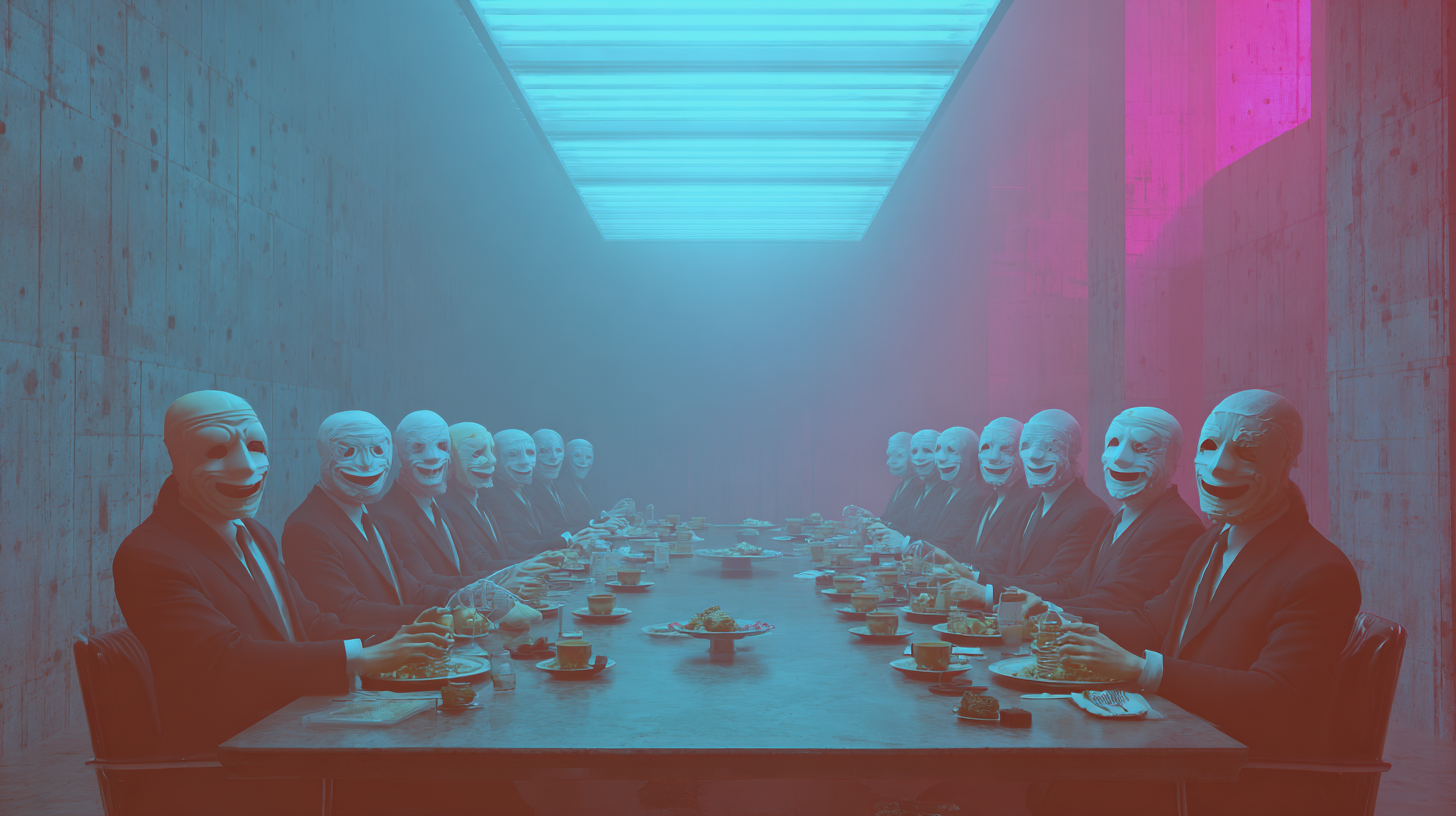
No billionaire thinks of himself as the villain. Every harm has its story, every wound its justification.
Layoffs aren't betrayals-they're "streamlining."Wage cuts aren't cruelty-they're "efficiency." Market crashes aren't negligence-they're "creative destruction."
This is the dark psychology of rationalization: the stories we tell ourselves to make harm seem necessary, even noble. In the boardroom, rationalization often borrows the vocabulary of progress-innovation, disruption, the greater good.
Utilitarian ethics-sacrificing the few for the many-becomes twisted in their hands. Except here, the "few" may be thousands of workers, and the "many" is often shareholder value. Tech titans justify mass exploitation of gig workers as "providing opportunity." Industrialists defend pollution as "the cost of growth."
The cruelest part? These men and women often believe their own scripts. Psychologists call this moral disengagement: a cognitive shield that reframes exploitation as duty. It allows people to commit acts that would otherwise shred their conscience.
And so, entire industries are hollowed out while the storyteller sleeps soundly, convinced he has done what was necessary.
The God Complex of the Ultra-Rich
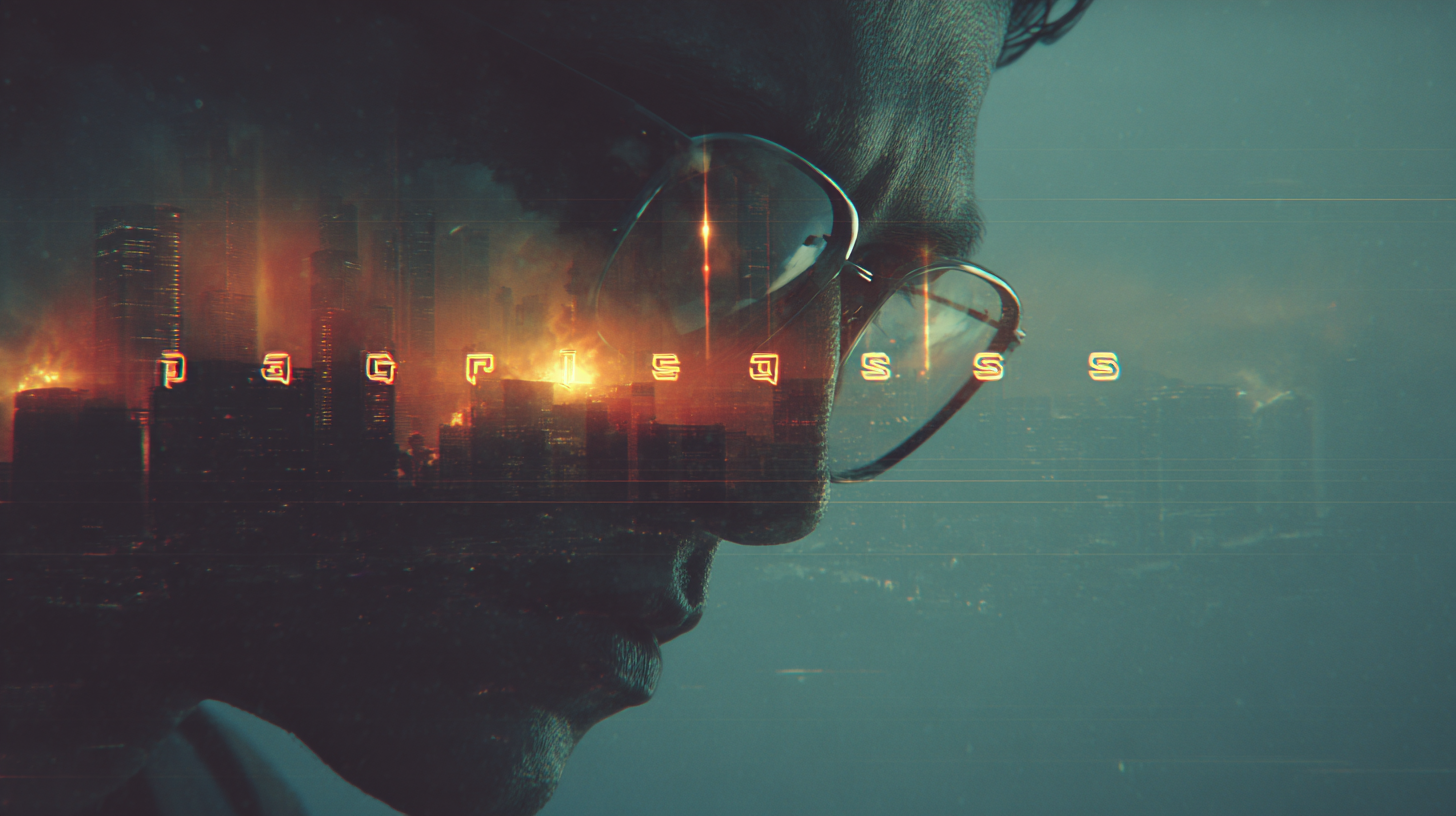
Extreme wealth doesn't just buy influence. It breeds a belief: I know best.
When your instincts have built empires, toppled competitors, and bent markets to your will, it's easy to mistake luck and timing for divine insight. Billionaires begin to see themselves not as participants in society, but as its architects.
Psychologists call this narcissistic entitlement-the conviction that one's judgment is inherently superior. For the ultra-rich, it scales into a God complex: the idea that their vision should dictate the future for everyone.
We see it in tech billionaires funding space programs as if salvation lies off-planet. We see it in AI moguls racing to build intelligence they can't control, justifying it as "progress." We see it in philanthrocapitalism, where donations come with strings attached-reshaping education, healthcare, even democracy itself.
The danger isn't just hubris. It's unilateralism. These decisions are made without consent, without oversight, and often without humility. One man's conviction becomes society's experiment.
This is dark psychology at its most seductive: when power convinces itself it is benevolence.
When One Choice Becomes a Million Wounds
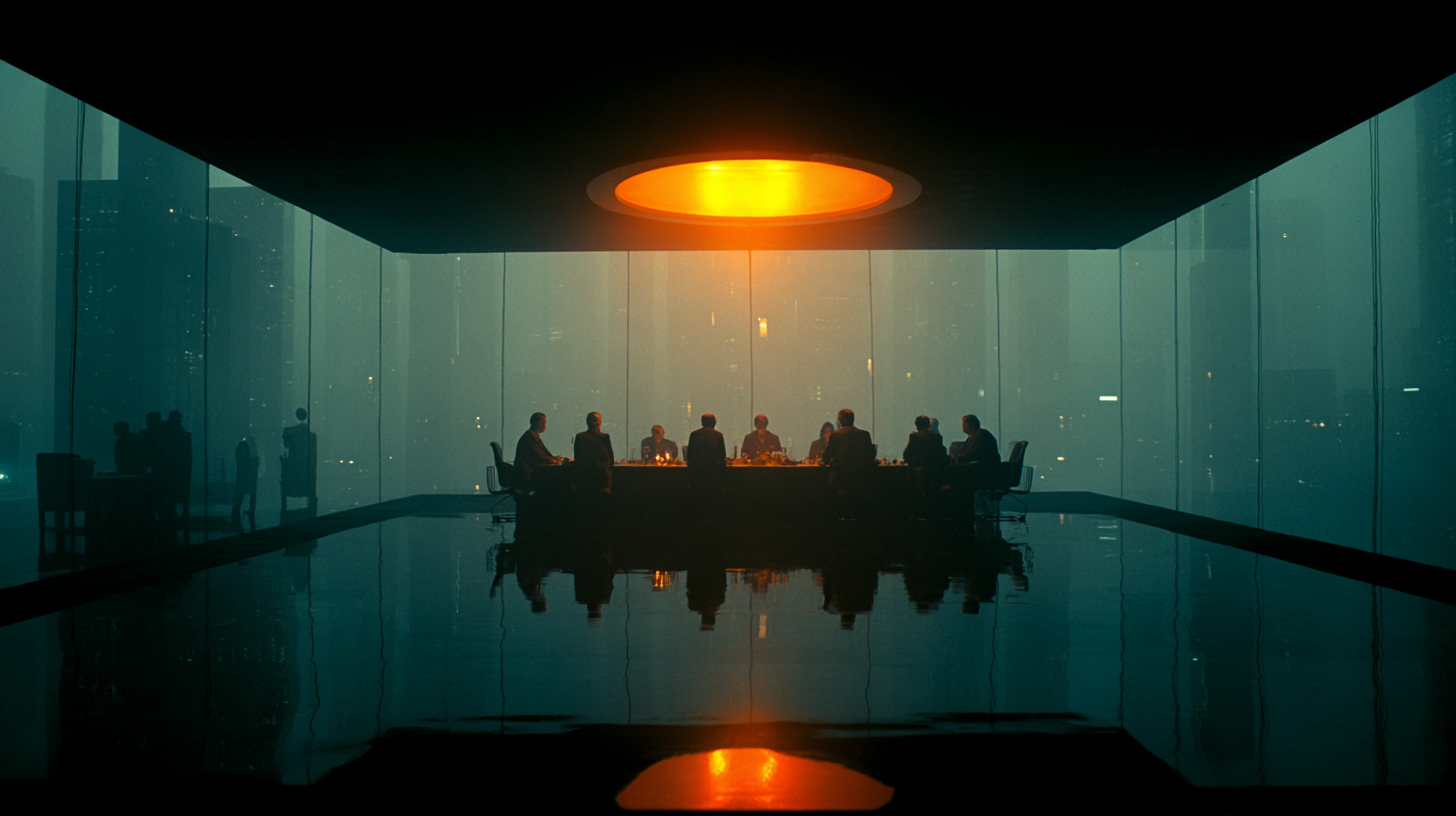
On a balance sheet, it looks clean:10,000 jobs cut. 15% cost savings. Markets reassured.
But behind every line item is a human story. A father explaining to his children why Christmas will be smaller this year. A single mother moving back into her parents' spare room. A town's main employer gone, its shops shuttered, its streets hollowed out.
This is the invisible wound of billionaire decision-making: the ripple effects that spread far beyond the boardroom. Communities collapse when industries migrate overseas. Gig workers churn through burnout while apps soar in valuation. Social media "innovations" corrode attention spans and polarize societies-yet are sold as progress.
Psychologists describe this as the diffusion of responsibility: the bigger the system, the easier it is for those in power to deny personal accountability. To the billionaire, it's just a necessary adjustment. To millions, it's survival rewritten overnight.
The cruelty lies not just in the harm itself, but in its coldness. Not the sharp sting of deliberate malice, but the slow bleed of indifference: an empire's choice reshaping millions of lives, without ever seeing their faces.
How to Spot the Pattern-and Fight Back

Billionaires rarely say, "I'm about to harm millions." They cloak choices in neutral, even noble language. "Efficiency.""Innovation.""Market correction."
These are not just words. They are camouflage.
The first step in resistance is recognition. Notice the euphemisms. Ask: who benefits, and who bleeds? Behind the spin of "disruption" is often displacement. Behind "visionary leadership" is sometimes unchecked narcissism.
Second, dismantle the myth of the benevolent billionaire. Wealth does not equal wisdom. Studies show people with extreme wealth often have lower empathy and weaker ethical restraint. Their instincts are not divine-they are distorted by insulation.
Third, demand accountability. Governments, institutions, and citizens can push back through regulation, transparency, and collective resistance. Billionaires thrive on the illusion of inevitability; collective action is the antidote.
Individually, cultivate skepticism. Do not take their stories at face value. Learn to read the gap between the press release and the human cost.
Dark psychology reveals the blueprint of manipulation. But once you see it, you can refuse its spell.
Want to learn the techniques of manipulation for yourself? Join the Dark Mirror Collective.
Join now for 50% off.






